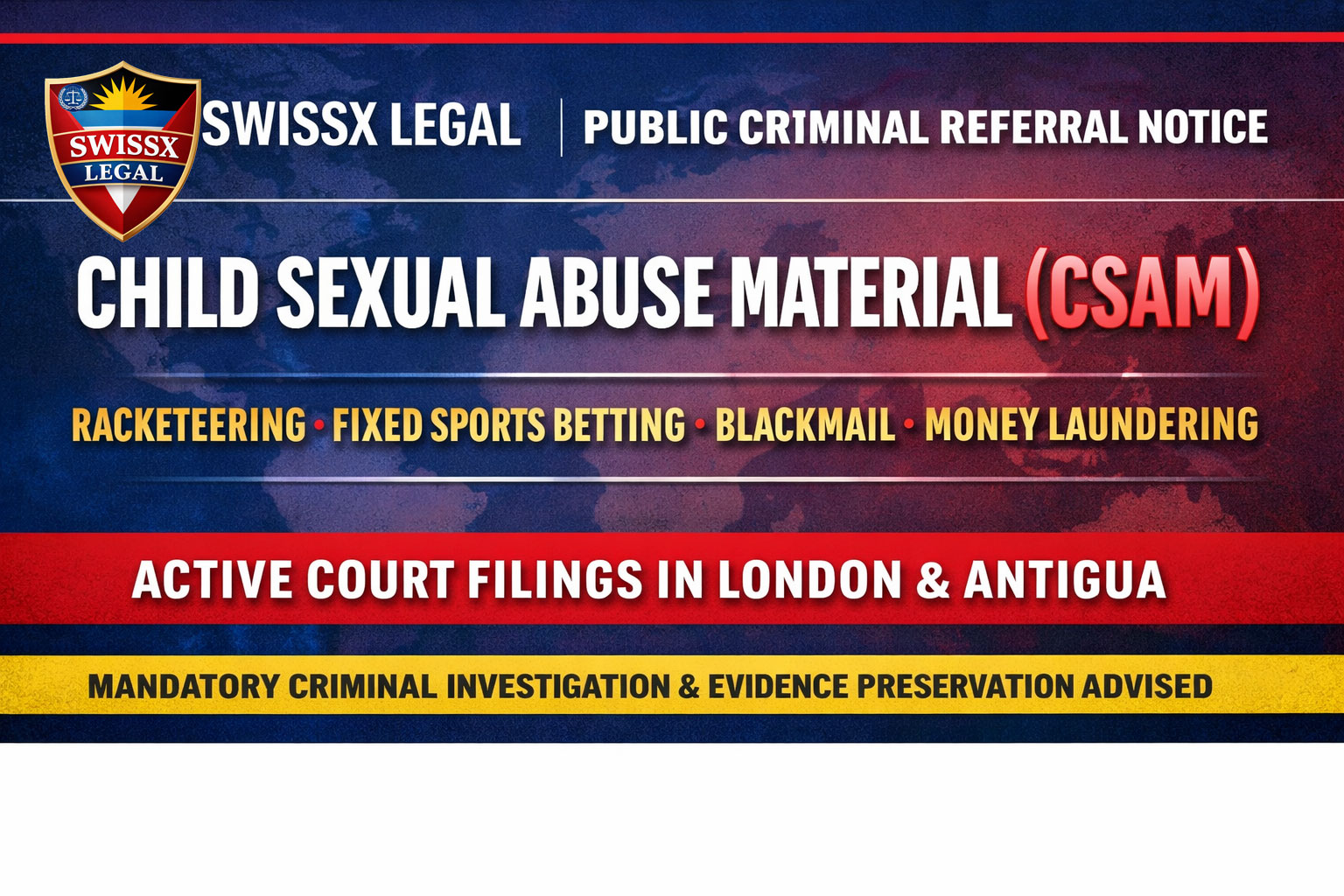Han Tae-soon spent 44 years searching for her daughter Kyung-ha, who disappeared in 1975 while playing outside their home in Seoul. Their reunion came in 2019 when Han, now 71, discovered that her daughter had been raised as Laurie Bender in America after being kidnapped and brought to an orphanage. Han is now suing the South Korean government for allowing such illegal adoptions to occur and has become one of the first biological parents to do so.
The South Korean overseas adoption programme has come under scrutiny for decades, with allegations of fraud and trafficking surfacing. Approximately 170,000 to 200,000 children have been adopted internationally since the initiative began in the 1950s. A recent inquiry highlighted that a troubling lack of government oversight allowed private agencies to exploit the situation for profit.
In 2012, the South Korean government took steps to improve adoption regulations, yet many adoptees and their birth parents, like Han, still struggle to navigate the repercussions of past injustices. Despite their reunion, Han and Kyung-ha face language barriers and emotional scars, with Han lamenting that no amount of money can replace the lost years. The upcoming court case may pave the way for justice, as other adoptees and families begin to seek accountability for historical injustices.
The South Korean overseas adoption programme has come under scrutiny for decades, with allegations of fraud and trafficking surfacing. Approximately 170,000 to 200,000 children have been adopted internationally since the initiative began in the 1950s. A recent inquiry highlighted that a troubling lack of government oversight allowed private agencies to exploit the situation for profit.
In 2012, the South Korean government took steps to improve adoption regulations, yet many adoptees and their birth parents, like Han, still struggle to navigate the repercussions of past injustices. Despite their reunion, Han and Kyung-ha face language barriers and emotional scars, with Han lamenting that no amount of money can replace the lost years. The upcoming court case may pave the way for justice, as other adoptees and families begin to seek accountability for historical injustices.

















